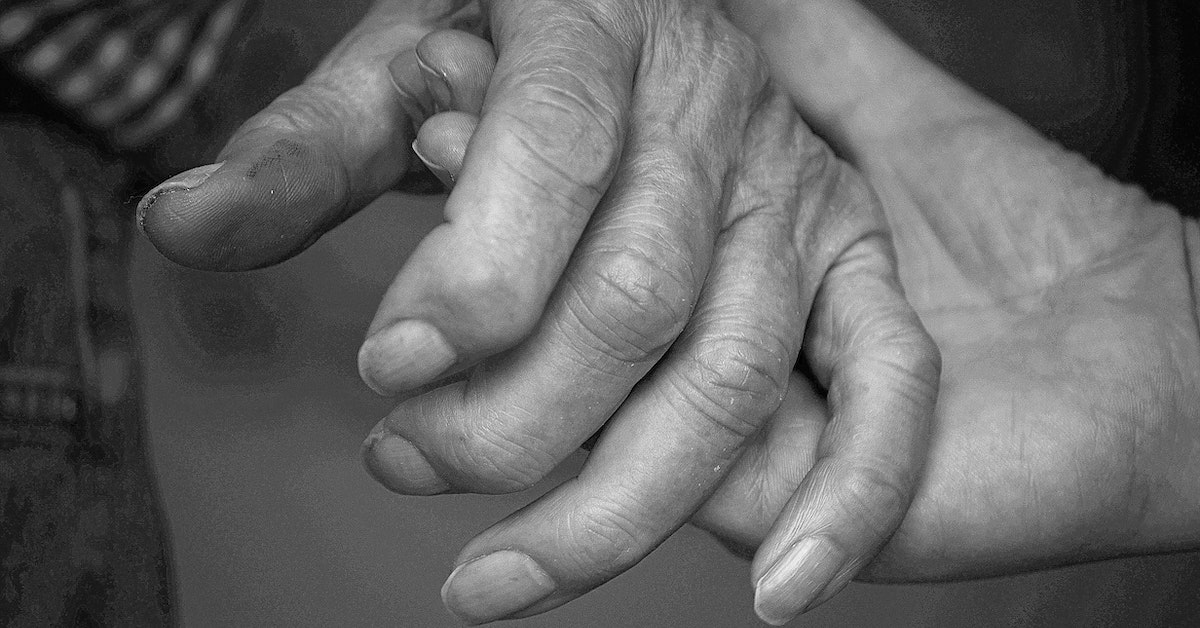Contesting a will in Queensland isn’t merely about voicing disagreements; it requires a deep understanding of the legal intricacies.
Ever wondered, “Can a sibling contest a will?” or “What rights do nieces, nephews, or even grandchildren hold in this context?”
You’re certainly not alone in seeking clarity.
The path to discerning who can genuinely challenge a will in QLD is laden with nuances.
This article aims to illuminate this complex process’s criteria, rights, and often subtle details. Join us in unravelling the maze of legalities, equipping you with the knowledge to make informed decisions.
Who Can Contest a Will Qld
Contesting a will is a formal objection raised against its validity, typically due to concerns about its content or the circumstances surrounding its creation.
Reasons for Contesting a Will
- Undue Influence: Belief that the testator was coerced or pressured during the will’s drafting.
- Testamentary Capacity: Doubts regarding the mental competence of the testator at the time of the will’s creation.
- Inadequate Provision: A feeling that the will does not adequately provide for particular beneficiaries, especially those dependent on the deceased.
- Ambiguities: The will contains unclear or contradictory instructions.
- Faulty Execution: The will was not executed in line with legal requirements, like the presence of witnesses.
- Fraud or Forgery: Suspicion that the will or its part does not genuinely represent the testator’s wishes.
Eligible Applicants as per the Succession Act
Understanding eligibility is pivotal when considering contesting a will in QLD. The Succession Act offers clear categories that define who can raise objections against a will. Here’s a breakdown:
Spouse
A spouse isn’t just limited to the conventional husband or wife title. Under the Succession Act, eligibility extends to:
De facto partner: This includes individuals in a relationship akin to marriage without official marital status. It is essential to note that this category acknowledges both opposite and same-sex relationships.
Registered partner: As stated under the Relationships Act 2011, a person who has their relationship officially registered also qualifies as a spouse.
Former spouses: Interestingly, former husbands, wives, or registered partners still have grounds under the Succession Act, provided specific criteria are met.
Child
The term ‘child’ has a broad definition in the context of contesting wills:
Natural (biological) child: This refers to the direct offspring of the deceased.
Unborn child: Children who were not yet born at the time of the testator’s death but were conceived before.
Adopted child: Those legally adopted by the deceased.
Stepchild: Children from a spouse’s or partner’s previous relationships.
Dependant
A dependant is not defined merely by relation but also by the level of financial reliance on the deceased:
- One must have been “wholly or substantially maintained or supported” by the deceased at the time of their passing.
Examples of relationships that can fall under the dependent category, provided the financial dependency criterion is met, include:
- Parents of the deceased.
- Surviving parents of a minor child of the deceased.
- Minors (below the age of 18) who were financially dependent on the deceased, regardless of direct relationship. This can be a grandchild, step-grandchild, niece, nephew, or foster child.
Also read: How Statutory Will Can Legally Change Your Will
Factors Determining Eligibility
Several key factors come into play when considering who can contest a will. Beyond the direct relationships listed in the Succession Act, these additional elements often hold weight in determining eligibility:
Domicile of the Deceased
The term ‘domicile’ refers to where the deceased person considered their primary residence, or ‘home’.
It’s not just about where they lived but also where they had a significant connection or intent to return.
This becomes vital as the domicile dictates which jurisdiction’s succession laws apply, potentially impacting who can or cannot contest the will.
Location of the Deceased Person’s Assets and Estate
The location of the deceased’s assets and estate can determine the legal proceedings and rules for contesting a will.
Different Australian states and territories have distinct laws and regulations related to succession and will disputes.
Hence, the location of the assets and estate becomes a significant factor.
For instance, assets located in QLD would predominantly be subject to QLD’s Succession Act and its stipulations.
Can a Sibling Contest a Will in Queensland?
Yes, but with specific conditions.
While the Succession Act primarily lists Queensland’s spouses, children, and dependents as key beneficiaries, it doesn’t directly list siblings.
Here’s what you need to know:
Primary Eligibility: Siblings aren’t automatically included as primary beneficiaries, meaning they aren’t given an immediate right to contest based on their relationship.
Dependence Matters: If a sibling can demonstrate they were “wholly or substantially maintained” by the deceased, they might have grounds to contest the will under the category of “dependent.”. This could arise from disabilities, financial dependency, or unique life situations.
Moral Claims: While trickier, a sibling can argue that the deceased had a moral obligation to provide for them, especially if there’s evidence of past promises or shared intentions.
In essence, while it’s not a direct path, siblings in Queensland have potential avenues to contest a will based on their circumstances and relationship with the deceased.
Need a Lawyer?
Special Cases and Scenarios: Exploring Specific Contest Circumstances
The legal landscape around contesting a will is wider than just immediate family members or beneficiaries explicitly named in the will. Many wonder about other special scenarios and their rights in those situations. Let’s delve deeper into these specific cases.
Can anyone contest a will in Australia?
While the specifics vary between states and territories, Australia generally restricts will contests to those who had a relationship with the deceased or can demonstrate a genuine claim. Immediate family, dependents, or those mentioned in the will are usually eligible, but exceptions are based on financial dependence, relationships, or promises made.
Can grandchildren contest a will?
Grandchildren might have grounds to claim if they can prove they were financially dependent on their grandparents or shared a close bond. The Succession Act stipulates the criteria, and each case is assessed on its unique merits.
Can an executor contest a will?
Yes, an executor can contest a will, but not in their capacity as an executor. They’d be challenging the will as a beneficiary or an individual with a legitimate claim. They might need to step down as executors or ensure another neutral party oversees the contestation process to avoid conflicts of interest.
Can nieces and nephews contest a will?
Nieces and nephews aren’t directly listed as primary beneficiaries in most wills. But like other special cases, they can potentially contest if they had a unique relationship with the deceased or were financially dependent. Every claim would be analysed based on the evidence presented.
Can you contest a will if you are in it?
Being a beneficiary in a will doesn’t negate your right to contest it. If one feels that the provision allocated to them isn’t adequate or doesn’t reflect the deceased’s true intentions, they can challenge the will for a more appropriate distribution.
Understanding these nuances is critical, and professional legal guidance is always advised when navigating the intricacies of will disputes.
Need Clarification on Contesting a Will in QLD?
Walker Pender is here to guide you through the intricacies of Queensland’s succession laws.
If you need more clarification about your eligibility to contest a will, contact our experts today for personalised advice. Don’t navigate this complex path alone.



